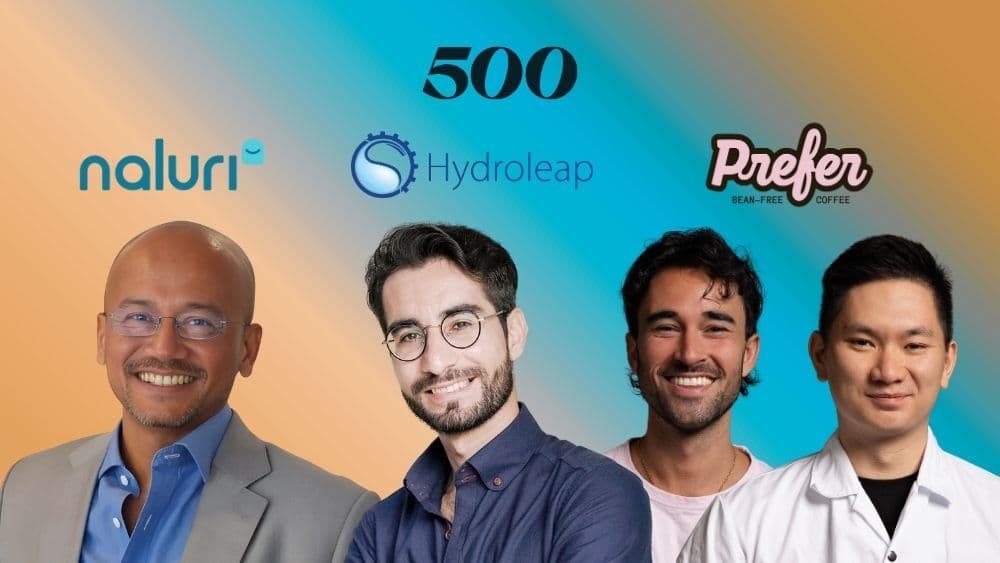Daily Markup 453: MyCash acquired by neobank, expanding across Asia Prenetics protects pets with new COVID-19 testing service Dagangan shares insights into unlocking the potential of rural communities
2022.03.07

500 Global Team

Bringing convenience to the underbanked
- A 500-backed fintech startup serving migrant workers is expanding in Asia. MyCash, a fintech startup focused on underbanked migrant workers was acquired by neobank IN Financial Technology (INFT).
- With this move, INFT will benefit fromMyCash’s consumer remittance business, and MyCash will expand into newAsian markets, including Malaysia and Indonesia.
- MyCash founder and CEO Mehedi Hasan said, “INFT’s business banking platform will enhance MyCash’s efforts to drive expansion for its B2B and B2C remittance solutions.”
- Since 2016, the startup has been enabling migrant workers to purchase products and services online without the need for bank accounts, credit cards, or prepaid cards.
- Congratulations to the MyCash team!
- Get the full story on e27.
Peace of mind for pet owners
- In COVID-related news, 500-backed biotech startup Prenetics makes a positive announcement. It has partnered with City University in Hong Kong to launch COVID-19 testing for cats and dogs.
- This service hopes to reduce anxiety among pet owners and prevent pet abandonment, especially those in COVID-19 hotspots.
- The partnership will also explore testing a wider range of pets.
- Read the full statement here.
Enabling equal economic access
- “Seven Indonesian startups have already achieved the status of unicorns and decacorns…how do [new] Indonesian startups survive amid intense market competition?” SEA Today News looked to 500-backed tech-based social commerce startup Dagangan for answers.
- Co-founder and CEO Ryan Manafe shared that with 70% of the country’s population living outside Tier-1 cities, startups have to reach out to these areas – and not merely those living one or two hours away.
- “We’re talking five, seven, eight hours… There are millions of people there and we focus to unlock the potential by, number one, providing them affordable access to daily necessities so they can really be productive and at the same time, once they become productive we help them market their products to the cities,” said Ryan.
- He believes that a purely digital approach in rural areas will not be effective. He highlightedthe importance of a physical presence and building local teams to work with local advocates to gain trust.
- Watch the full interview here.
Other related content



